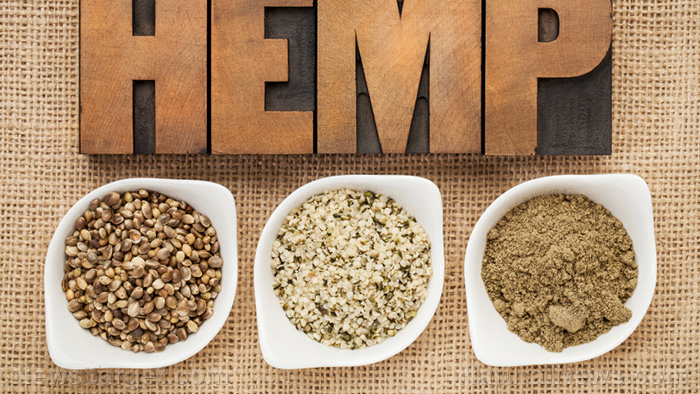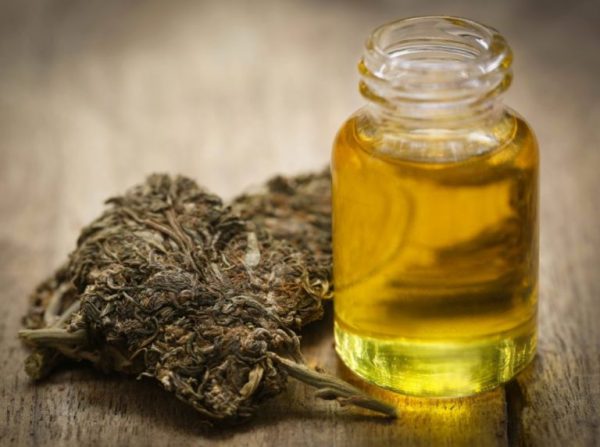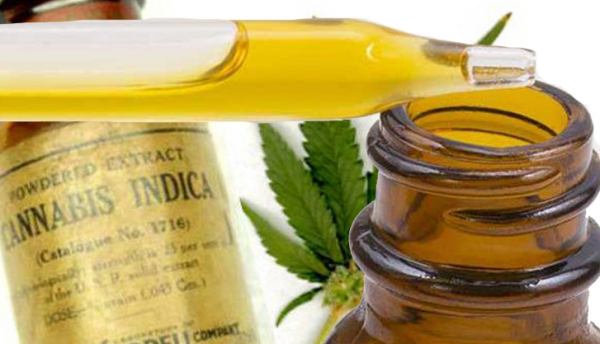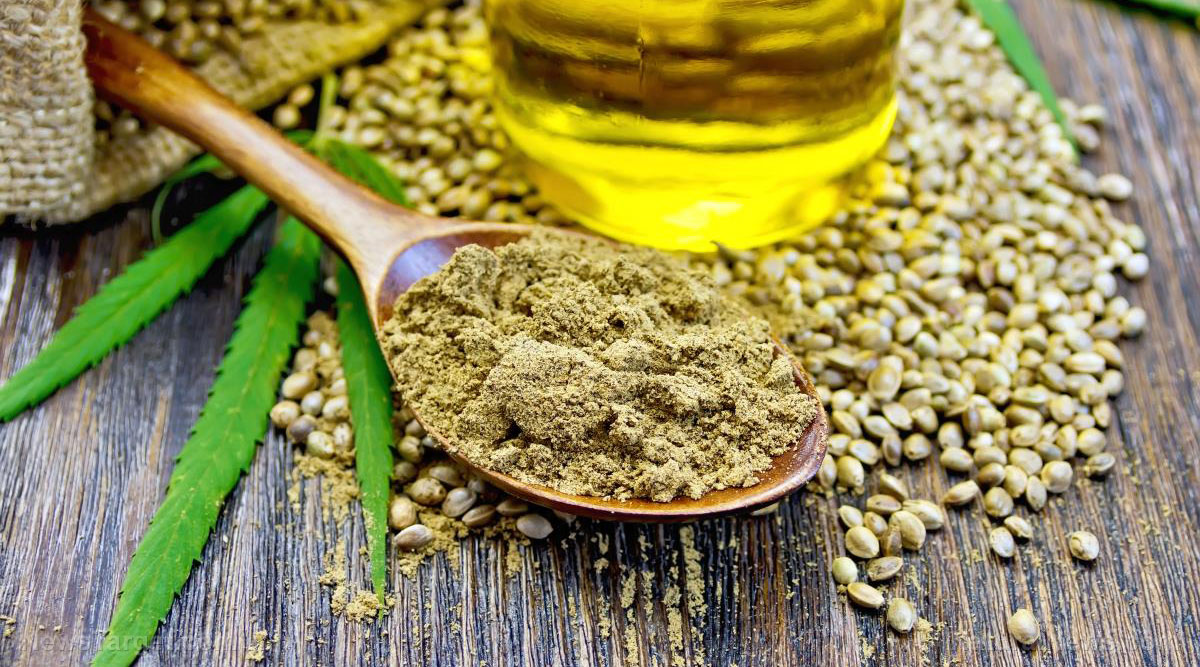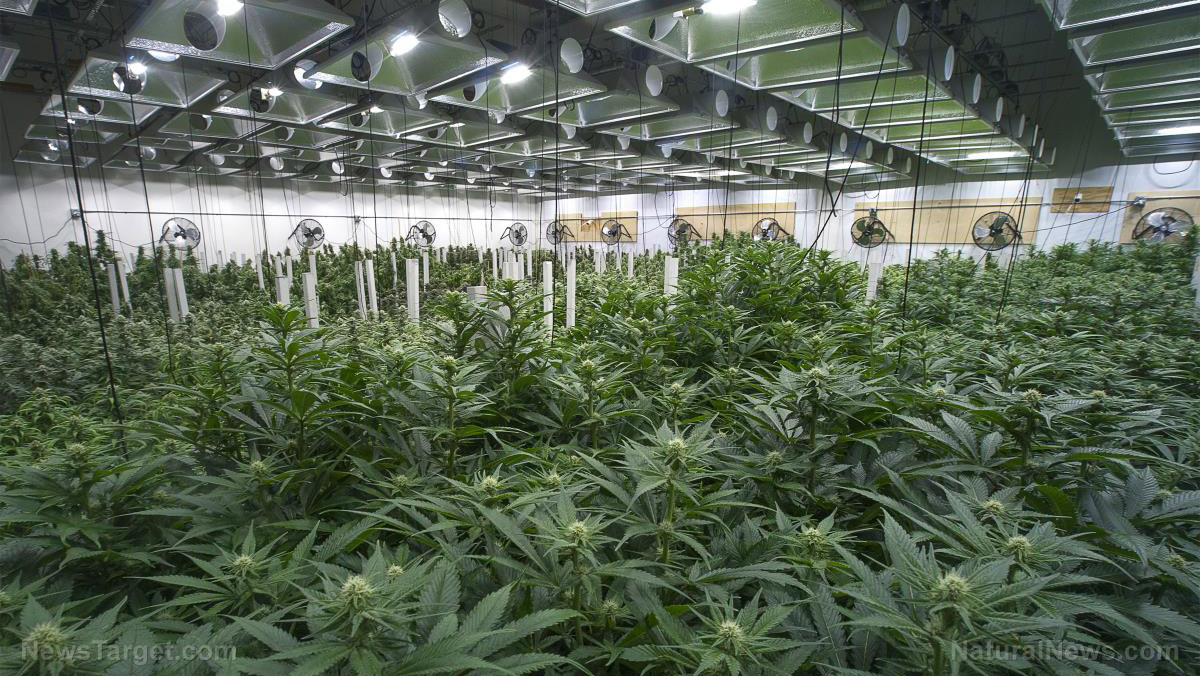Taos hemp harvest boosts seed stock for religious users
10/10/2016 / By hempscience

Though New Mexico is in the minority of states that does not allow legal hemp production, one religious Taos nonprofit is harvesting a hemp crop to up the supply of seeds for its sacramental growers.
Article by Cody Hooks
Gemma Ra’Star, founder and director of Wumaniti Earth Native Sanctuary, walked through the rows of her hemp crop north of Taos Sept. 29, the sky streaked in wispy, white clouds and the wind telling of the change of season — meaning the rest of the harvest was just a week away.
The crop of hemp is modest, no more than a few dozen plants. But Wumaniti’s not trying to grow a cash crop.
Ra’Star told The Taos News not only did she grow the plant as a sacrament for the Wumaniti, but also to “be a leader for the people” — that is, in the push to legalize hemp production in New Mexico.
Hemp is a plant in the cannabis genus. In Colorado and most other states with legal hemp production, the plant is considered hemp only if it contains no more than 0.3 percent of THC (tetrahydrocannabinol), the chemical compound responsible for marijuana’s “high.”
That THC threshold has been a major roadblock to hemp production — for both commercial and research purposes — in Colorado.
Because federal law mostly bans the importation of hemp seed, the stock was critically low when, in 2013, a constitutional amendment paved the way for farmers and researchers to grow hemp. And most seed did not consistently produce plants with little enough THC to fall under the legal limit — putting farmers at risk of not only losing a crop and the money it generates, but also getting into legal trouble.
The state of Colorado has been working with Colorado State University to develop climate-adapted and THC level-appropriate seed for several years, which includes test plots in the San Luis Valley north of Taos County. Adams State University has been involved in research efforts, while Costilla, Conejos and Alamosa counties have a total of 17 registered hemp growers.
Wumaniti’s operation isn’t that sophisticated, but it is after the same thing — shoring up the supply of seeds so more and better hemp can be put into production next year.
Ra’Star’s crop was watered “once a week or less” in order to research just how drought-hardy her stock of seeds was.
Hemp uses little water compared to other crops. According to the Colorado extension service, hemp requires about 12 to 15 inches of water annually, compared to marijuana, which takes between 25 and 35 inches. Alfalfa requires between 30 and 40 inches.
The seeds from this year’s harvest — which are being cured for several weeks at another location — will go directly to sacramental growers registered with Wumaniti Earth Native Sanctuary.
Religious freedom?
Ra’Star claims her right to grow hemp is secured under the federal “Religious Freedom Restoration Act,” a 1993 law that has been used to defend Native Americans’ right to use traditional, plant-based sacraments.
Wumaniti conducts ceremonies in the Hindu, Hungarian and Taoist traditions, Ra’Star said.
Hemp has historical and traditional uses beyond religious ceremonies — such as weaving rope for ship sails in Italy, which Ra’Star says is something done in her own family’s past.
“We need to bring back these traditions in an empowering way,” Ra’Star said.
While the nonprofit grows the crop for religious reasons, “We need to be growing hemp like sagebrush,” she said, because of its thousands of uses. Indeed, hemp can be used industrially to make food and beverages, animal feed, cosmetics, construction materials and clothing.
Some hemp is high in CBD (cannabidiol), a non-psychoactive compound which is used medically for patients with conditions ranging from chronic pain to debilitating muscular disorders.
“I’m focused on giving this medicine back to the community,” Ra’Star said.
‘The answer’
In 2015, the New Mexico Legislature passed a bill that would have made hemp production legal in the state, but Gov. Susana Martinez vetoed the measure, citing discrepancies in federal law.
Another hemp bill was passed by the state senate Oct. 1 during the special legislative session primarily focused on closing a statewide budget gap of more than $600 million.
“We’ve got a serious poverty issue in our state,” Ra’Star said. “There’s kids going hungry and elders on pharmaceuticals. [State legislators] are talking about cutting budgets? Hemp. Hemp is the answer.”




